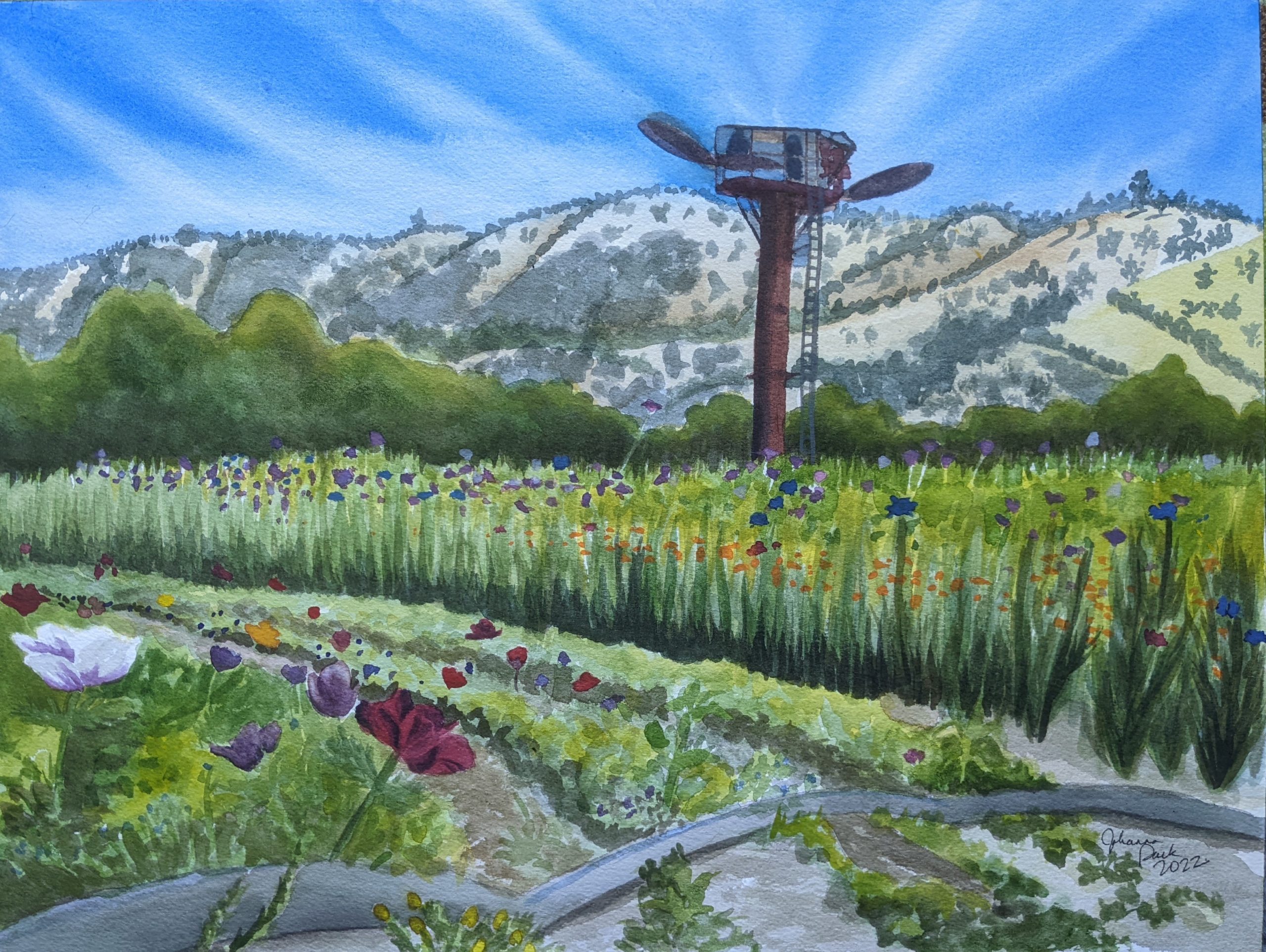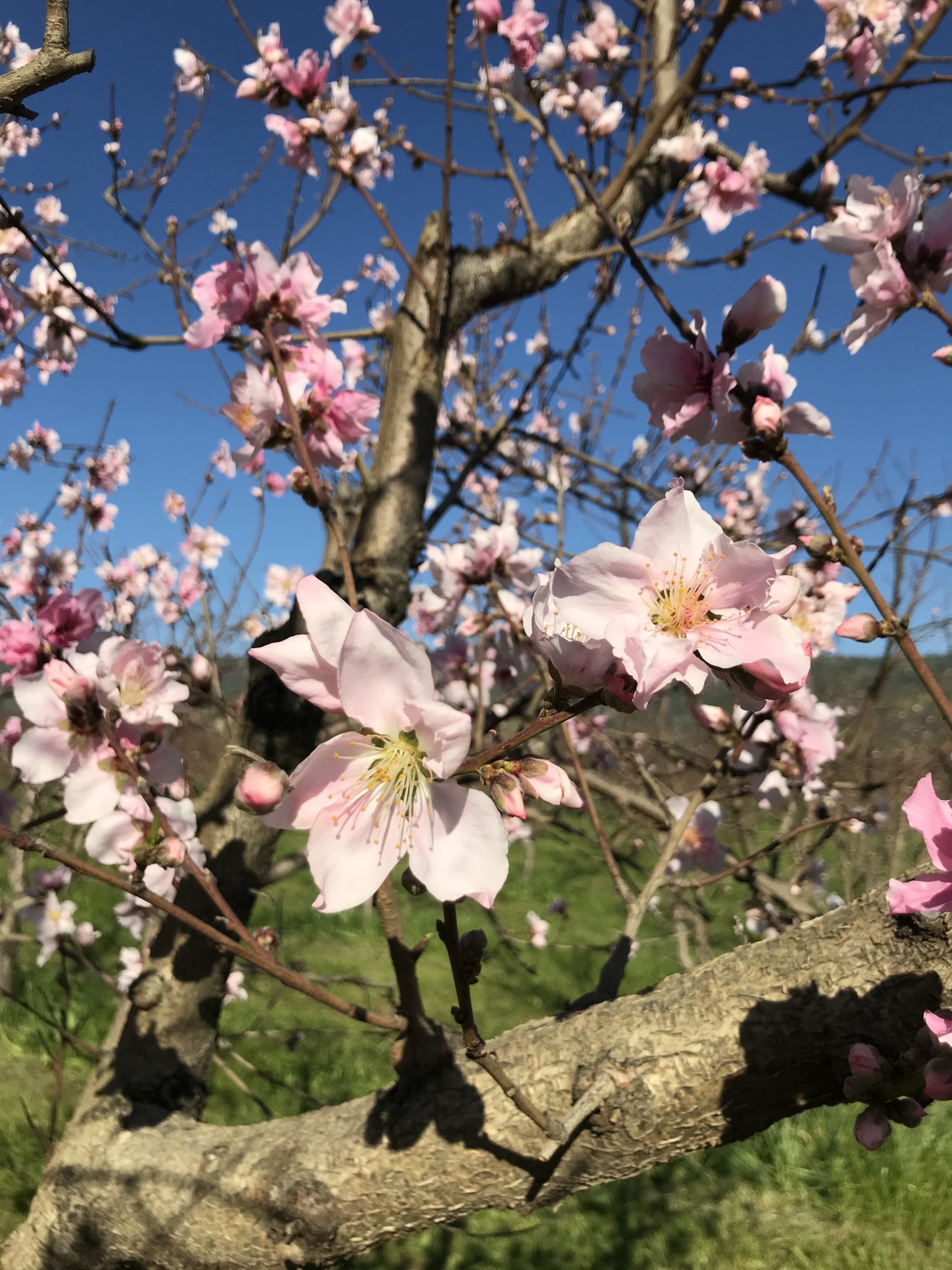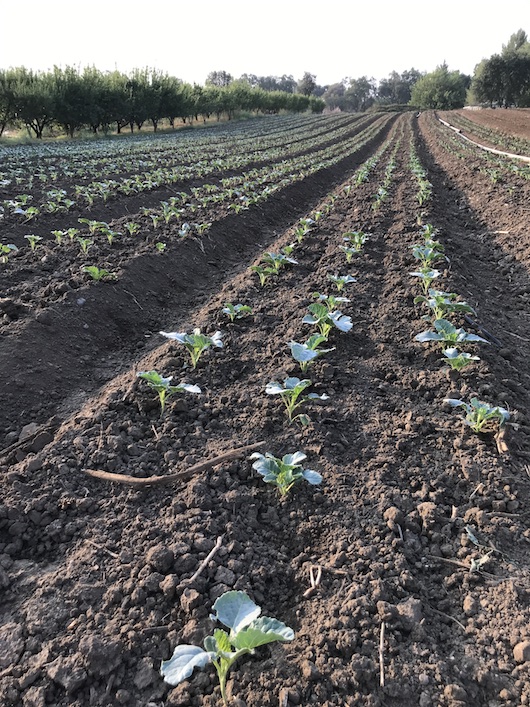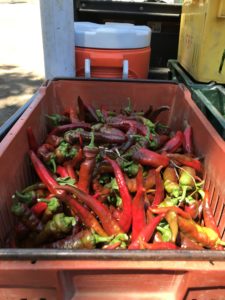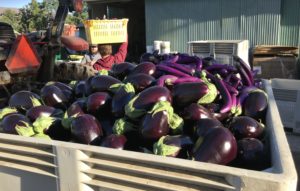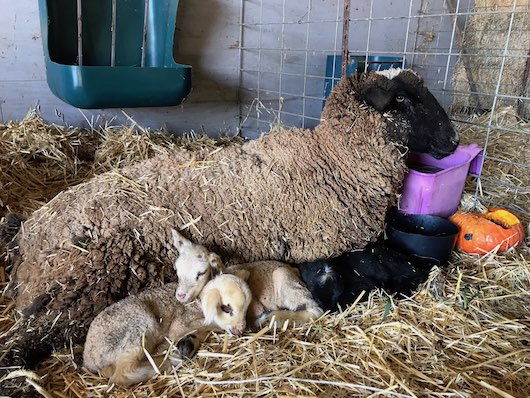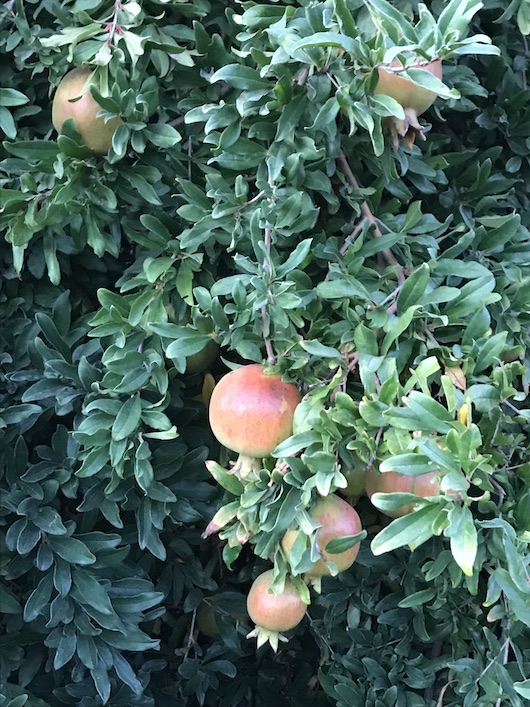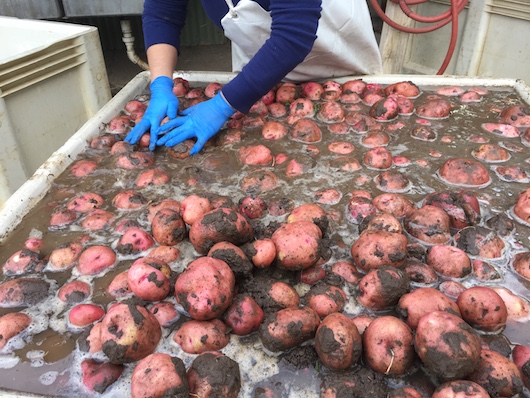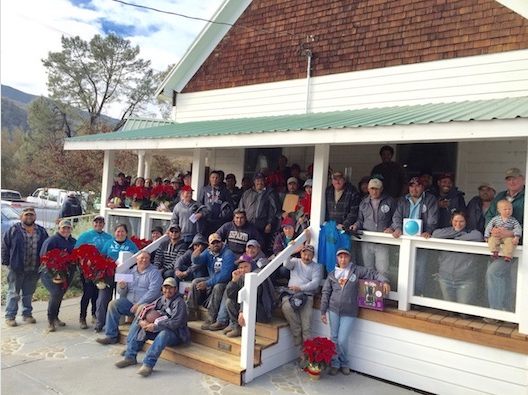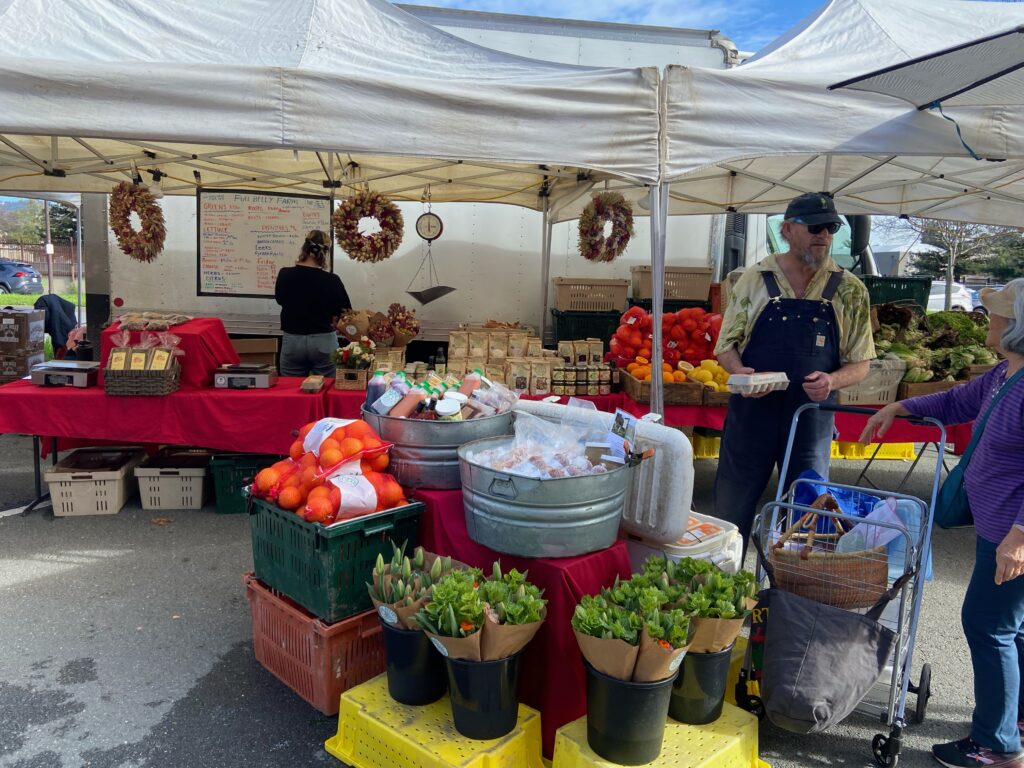
Today’s Farm News covers two small ways you can get involved to help combat food insecurity. It’s a huge, complicated problem, but that means that any measures to chip away at it are important.
First, our CSA donation program. We’ve gotten a few inquiries recently, thus wanted to explain how it currently works! On a week that you don’t want a box, you have the option to donate or skip. Skipping means we move the box to the end of your schedule, or to a date you’ve specified. When you donate your box, the value of the box (or flowers, or whatever you’ve donated) goes into our Good Food Community Fund. When it comes time to set up donation boxes, we pull from the Fund. We don’t make the box and then donate it, thus why we need as much advance notice for skips and donations. We also have a few particularly generous CSA members who make separate donation payments just to the fund.
[Read more…]